Nicht müde werden —
Nurses in German hospitals
Exhibitions 2018-2024
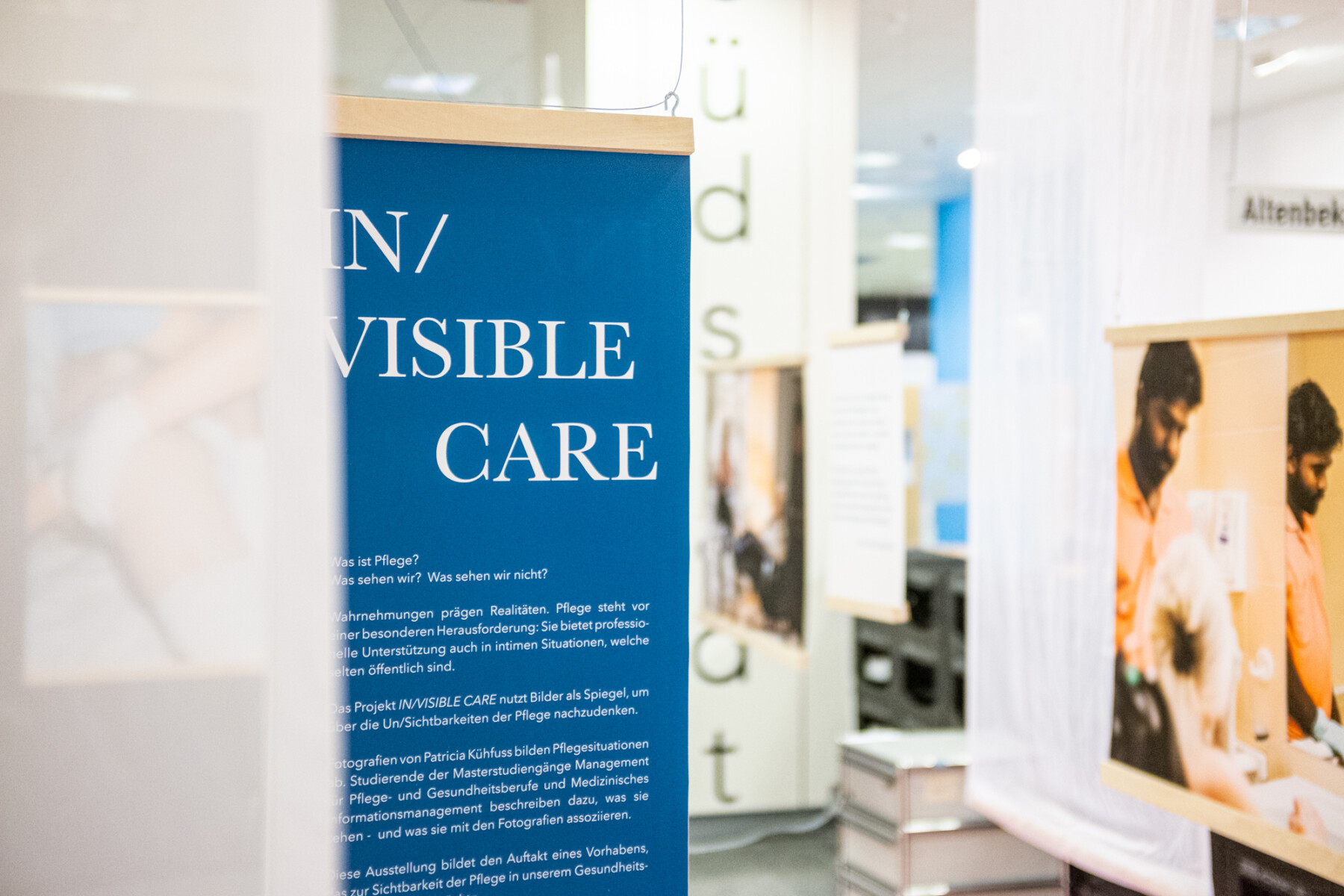
"In/Visible Care" aufhof Hannover, Hannover, 2023
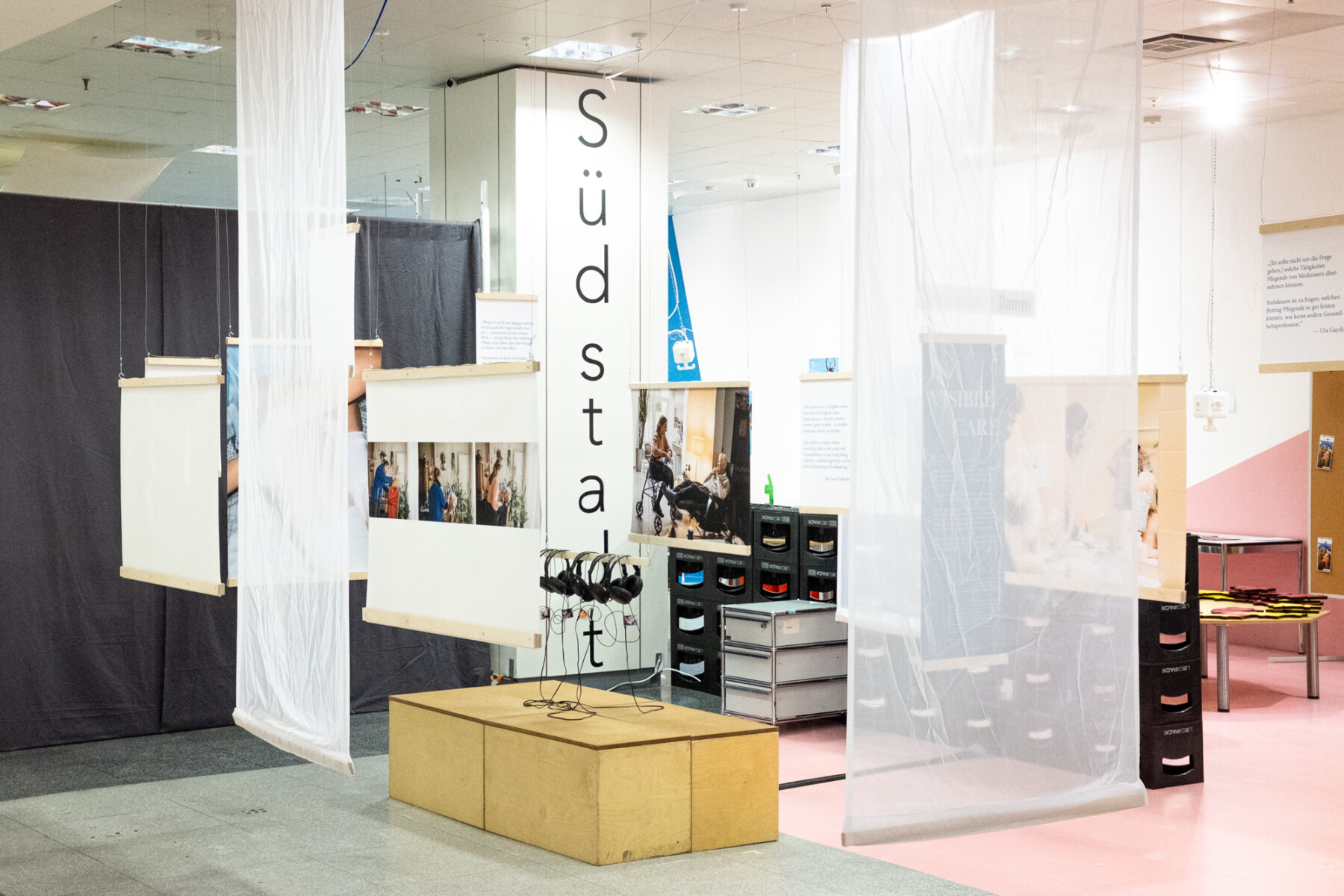
"In/Visible Care" aufhof Hannover, Hannover, 2023
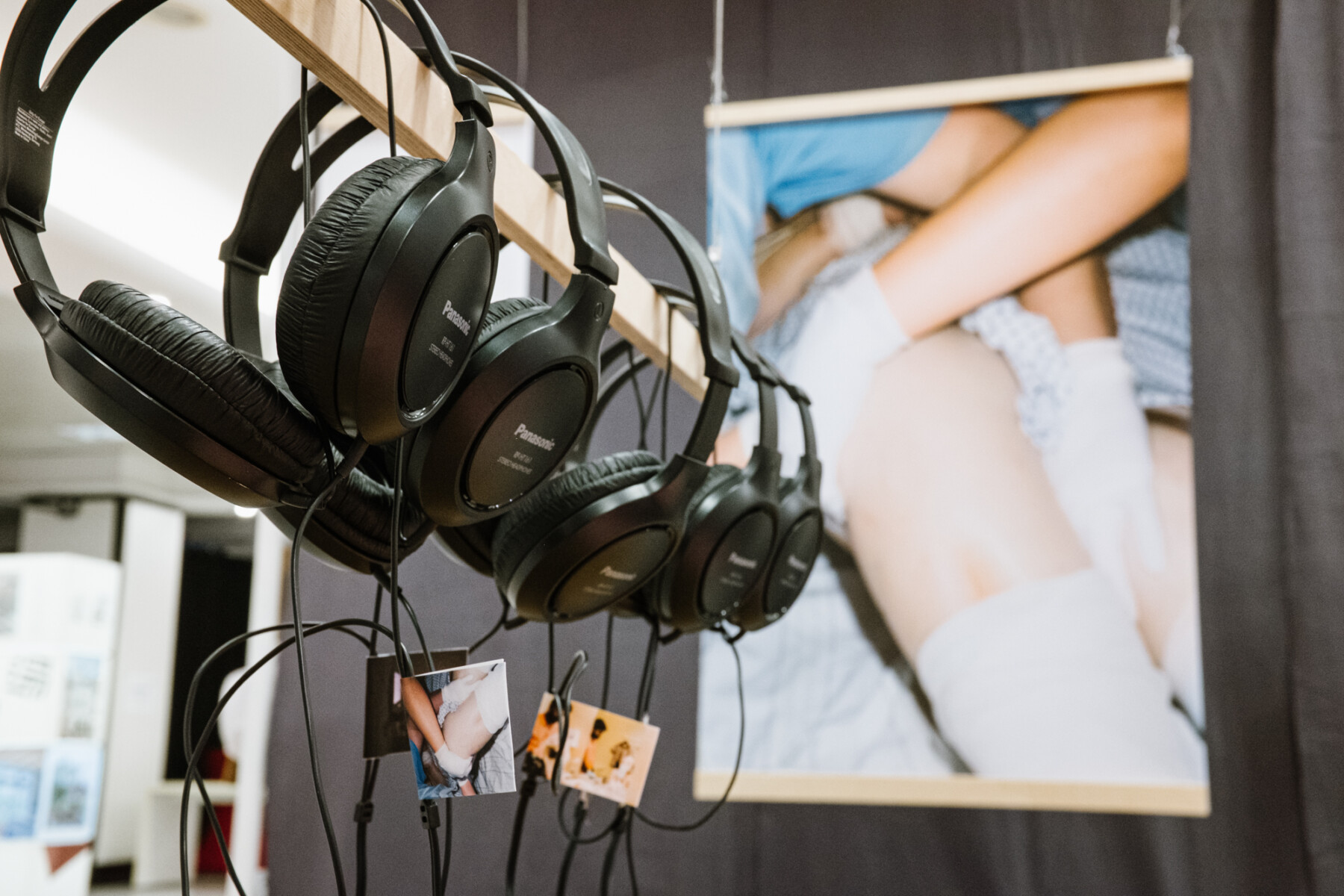
"In/Visible Care" aufhof Hannover, Hannover, 2023
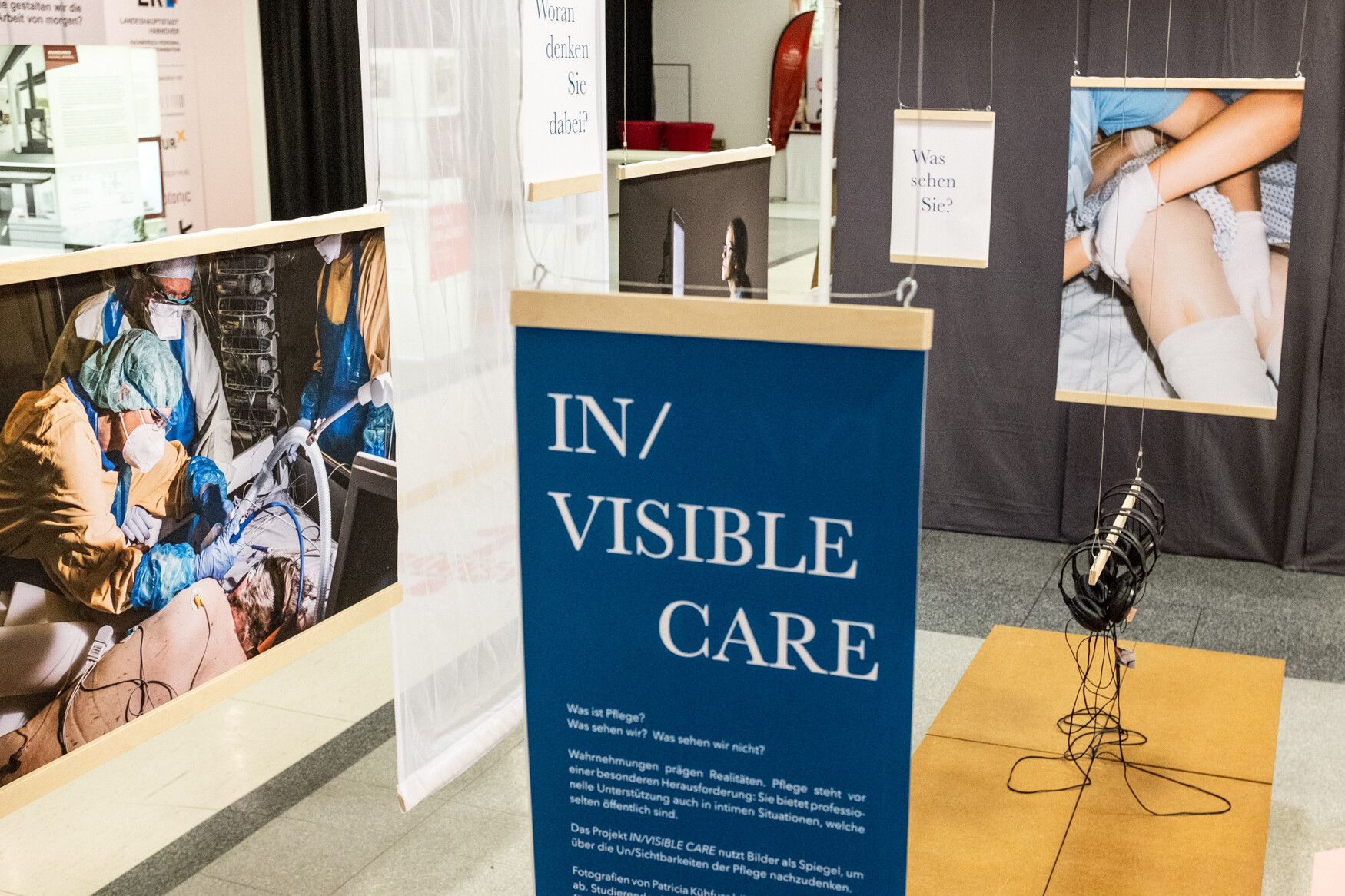
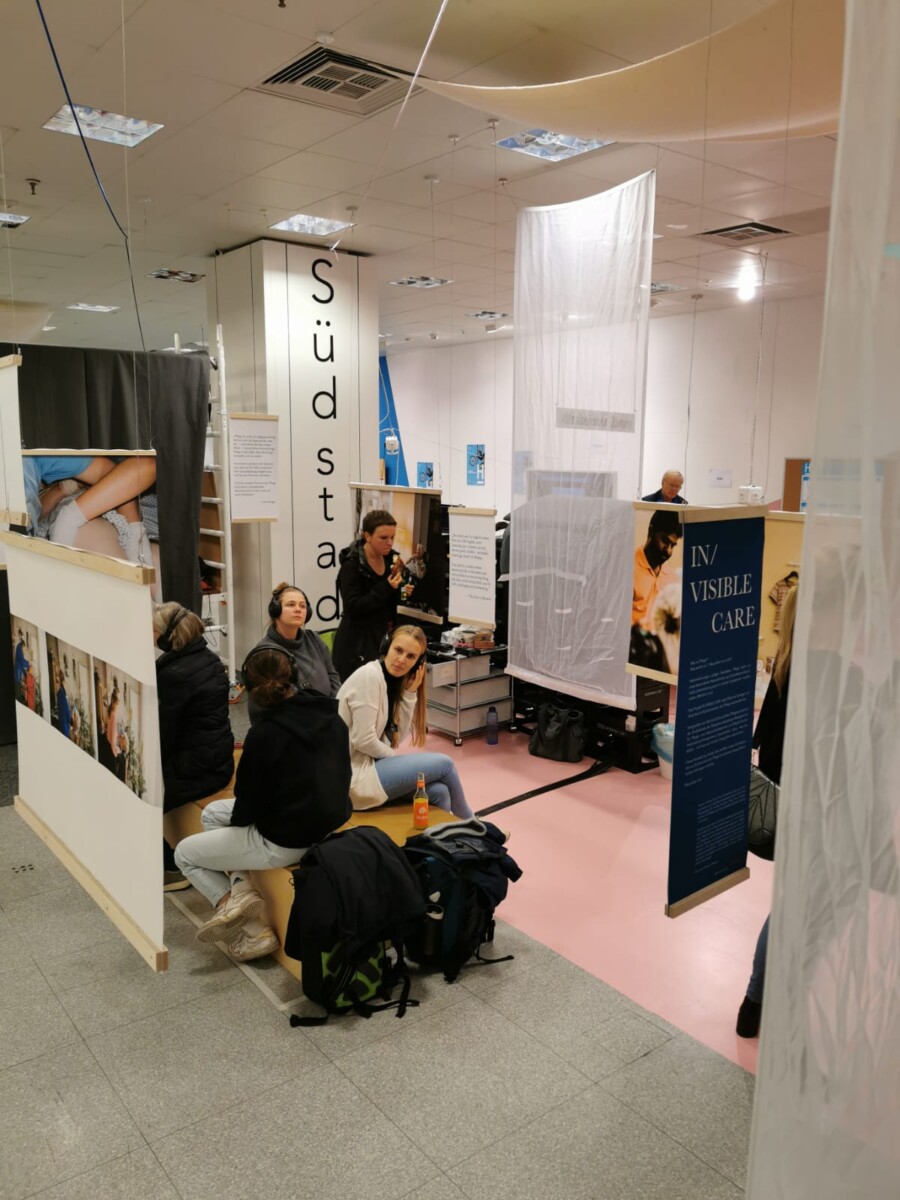
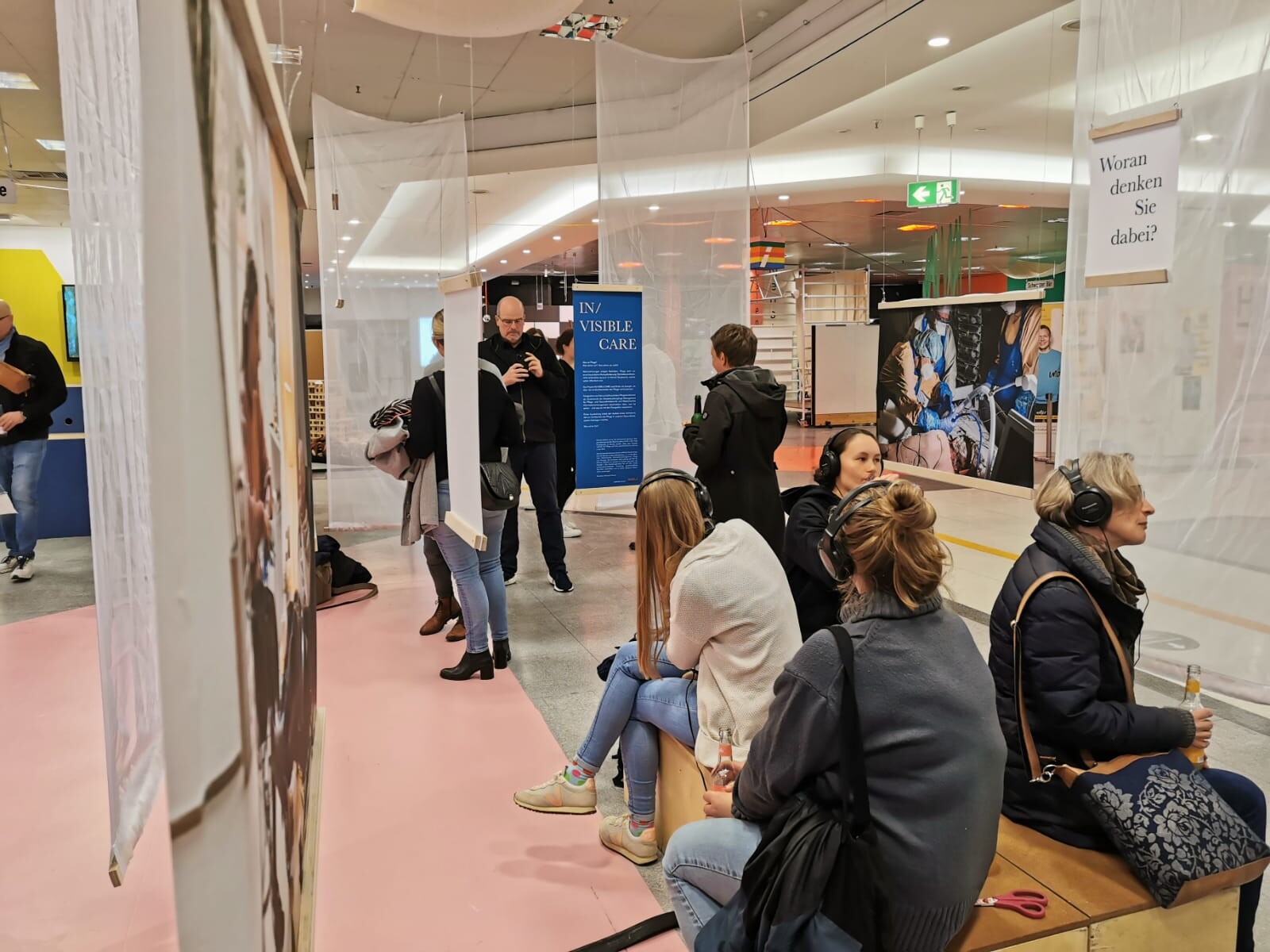
Ausstellungseröffnung "In/Visible Care" aufhof Hannover, Hannover, 2023
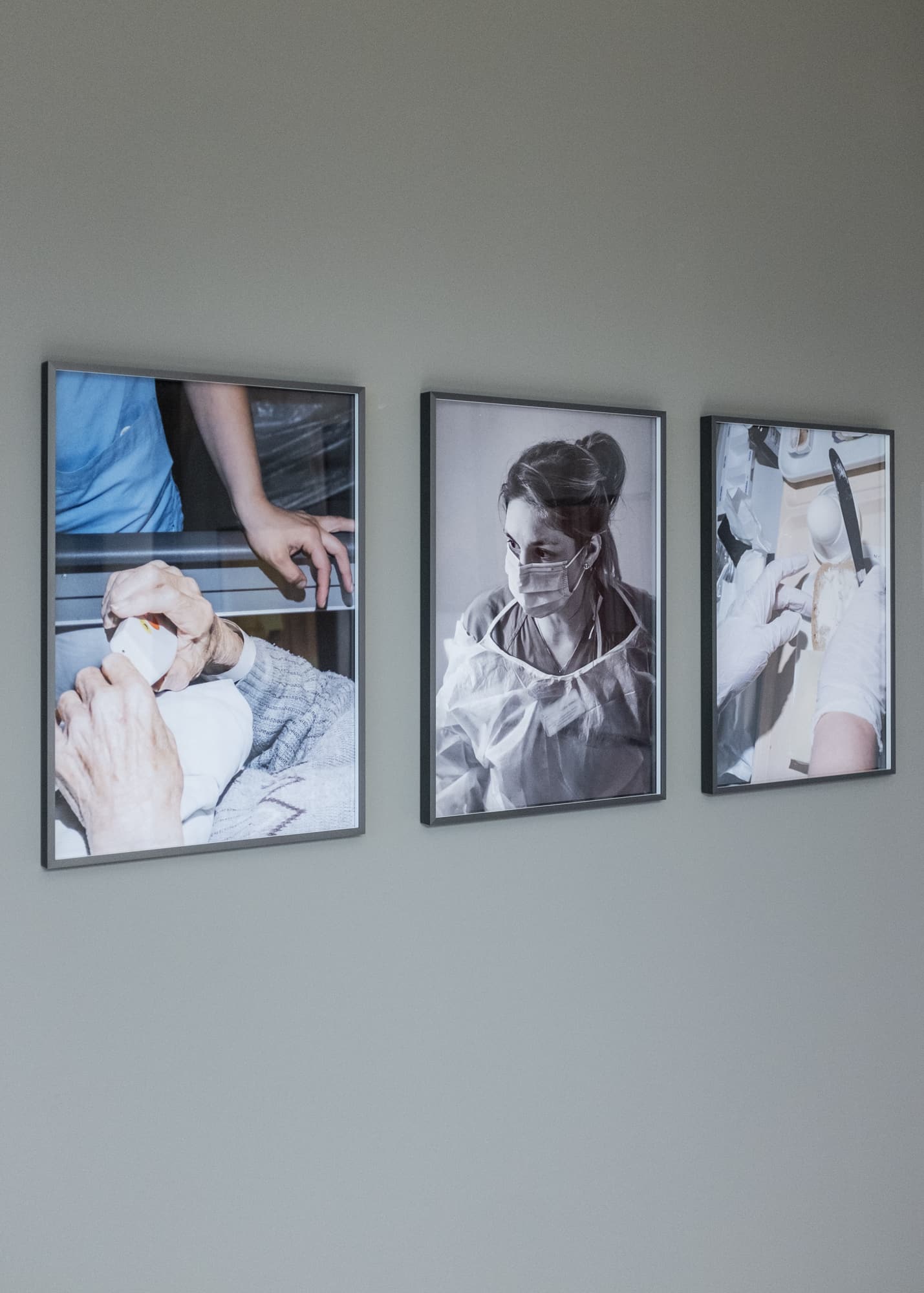
"Selected Works: Lumix Festival for young photojournalism" at Freiraum für Fotografie, Berlin, 2020
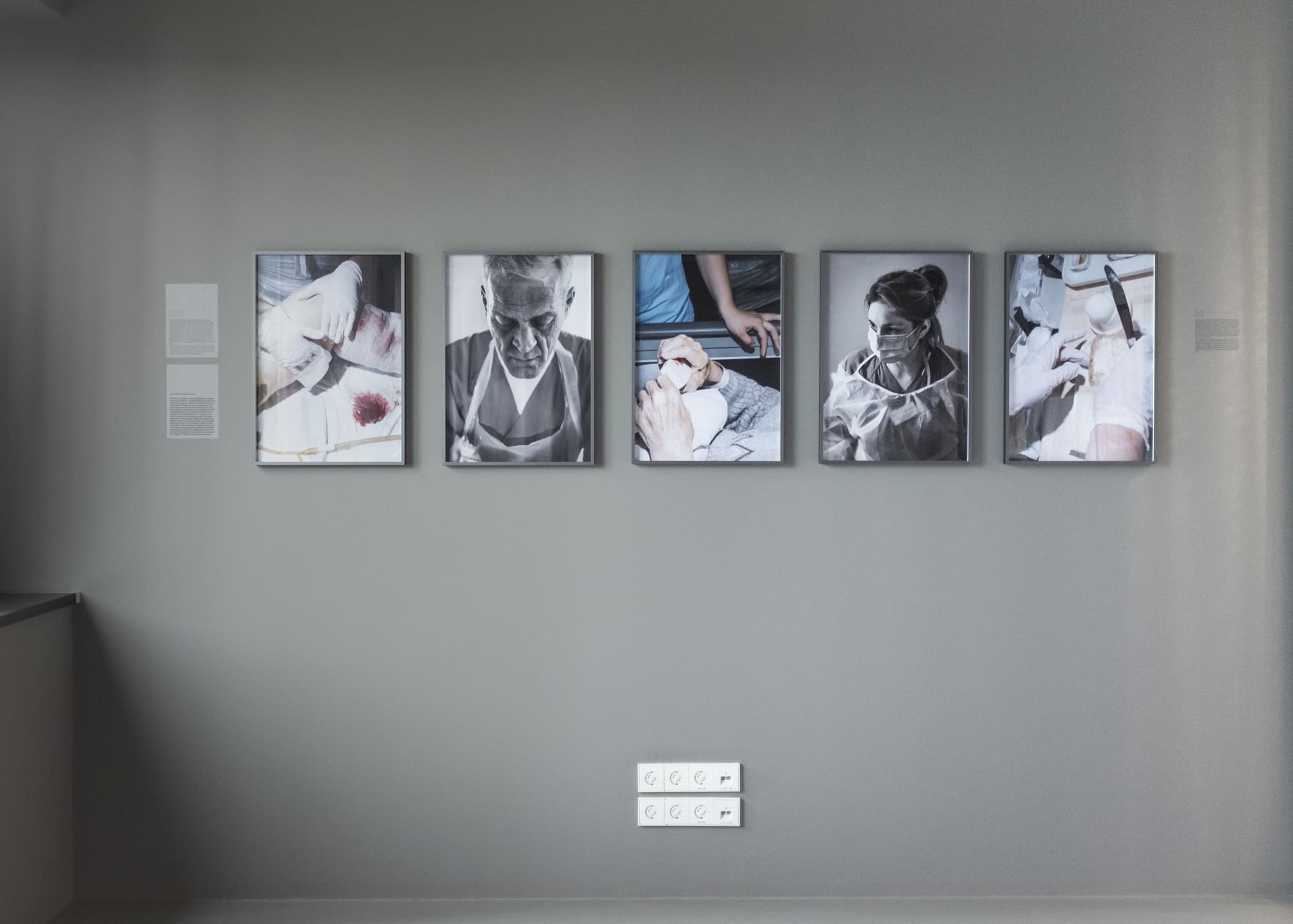
"Selected Works: Lumix Festival for young photojournalism" at Freiraum für Fotografie, Berlin, 2020
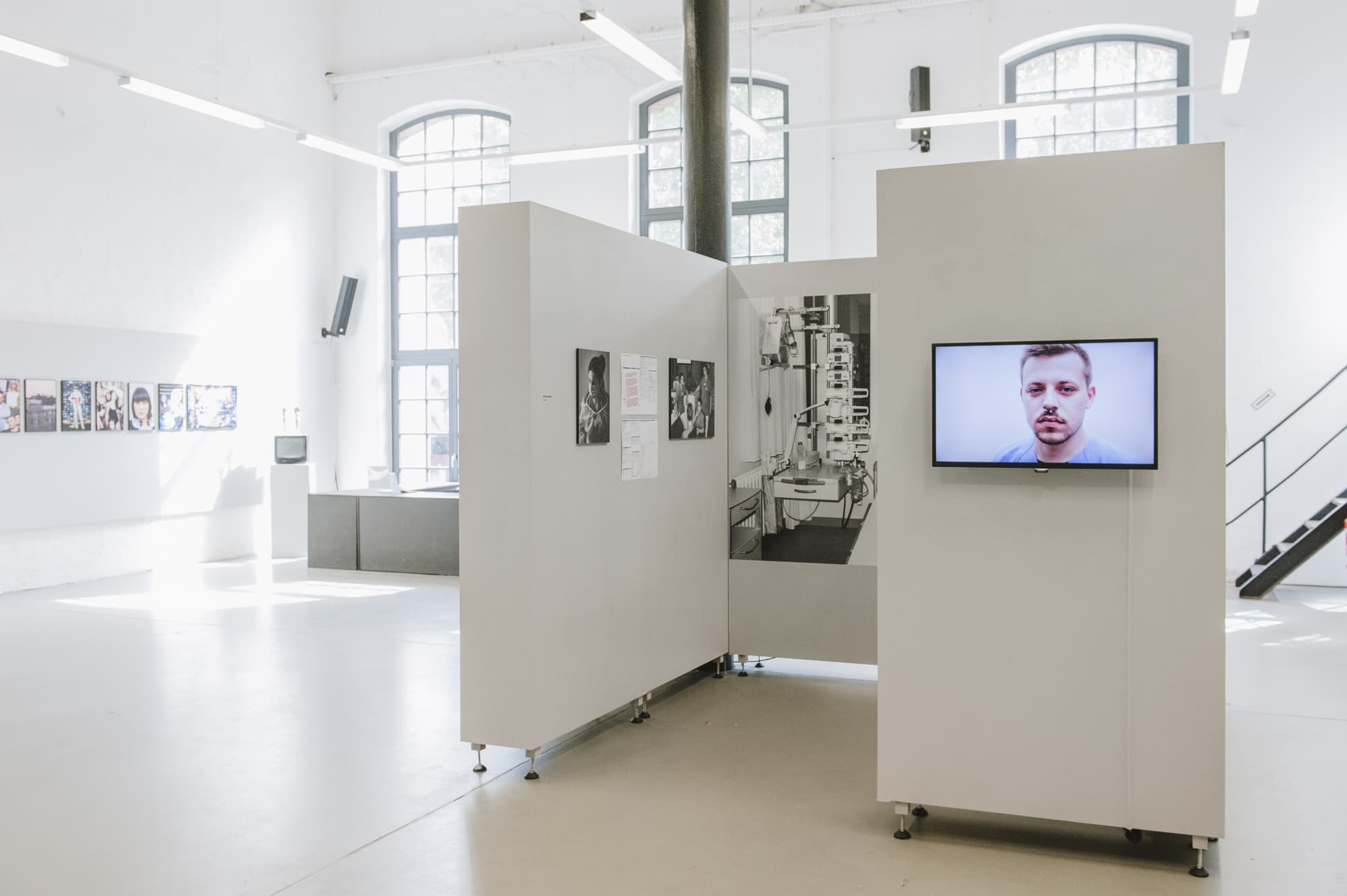
"Sind wir was wir sind" Galerie für Fotografie, Hannover, 2018
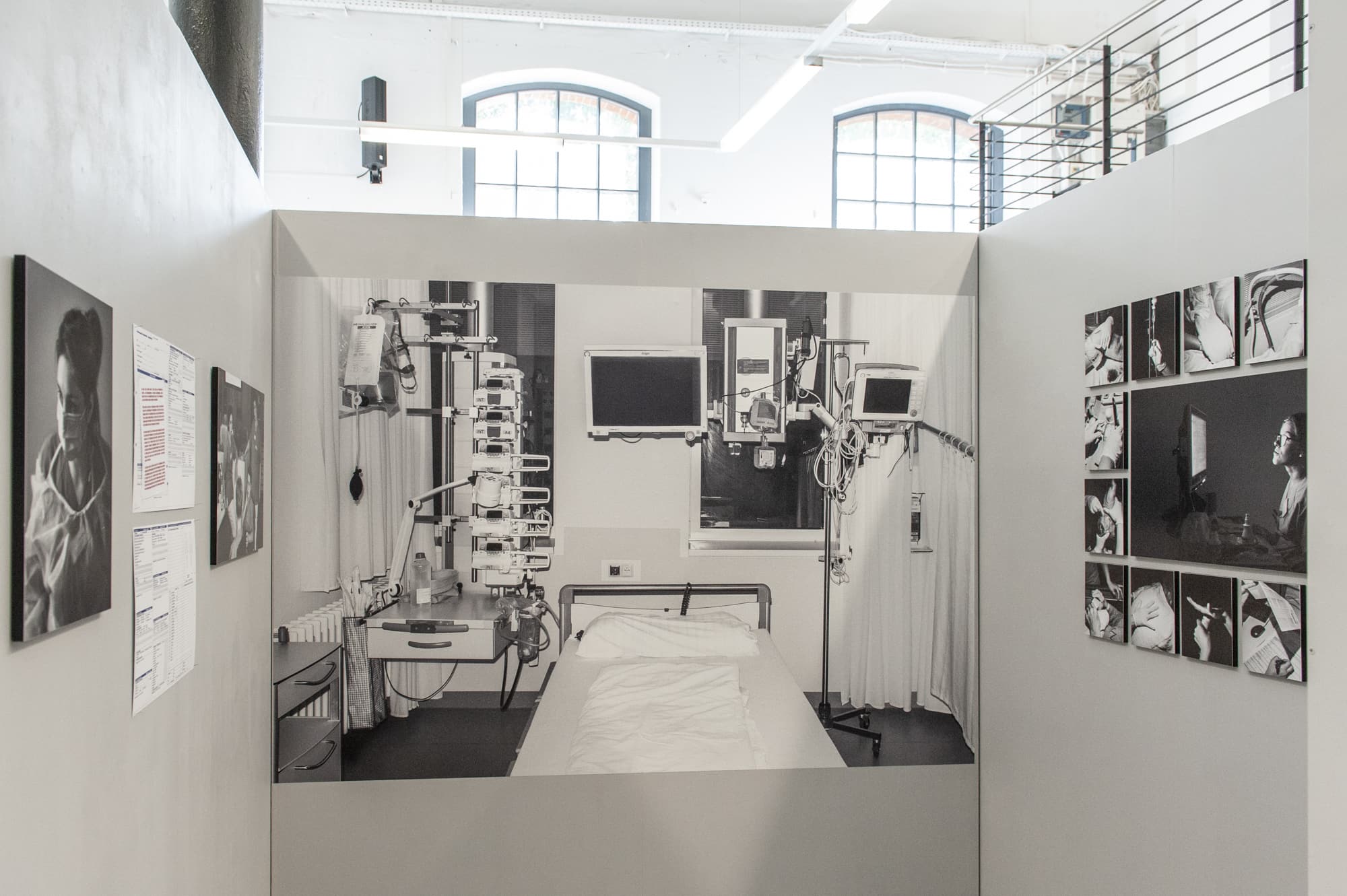
"Sind wir was wir sind" Galerie für Fotografie, Hannover, 2018
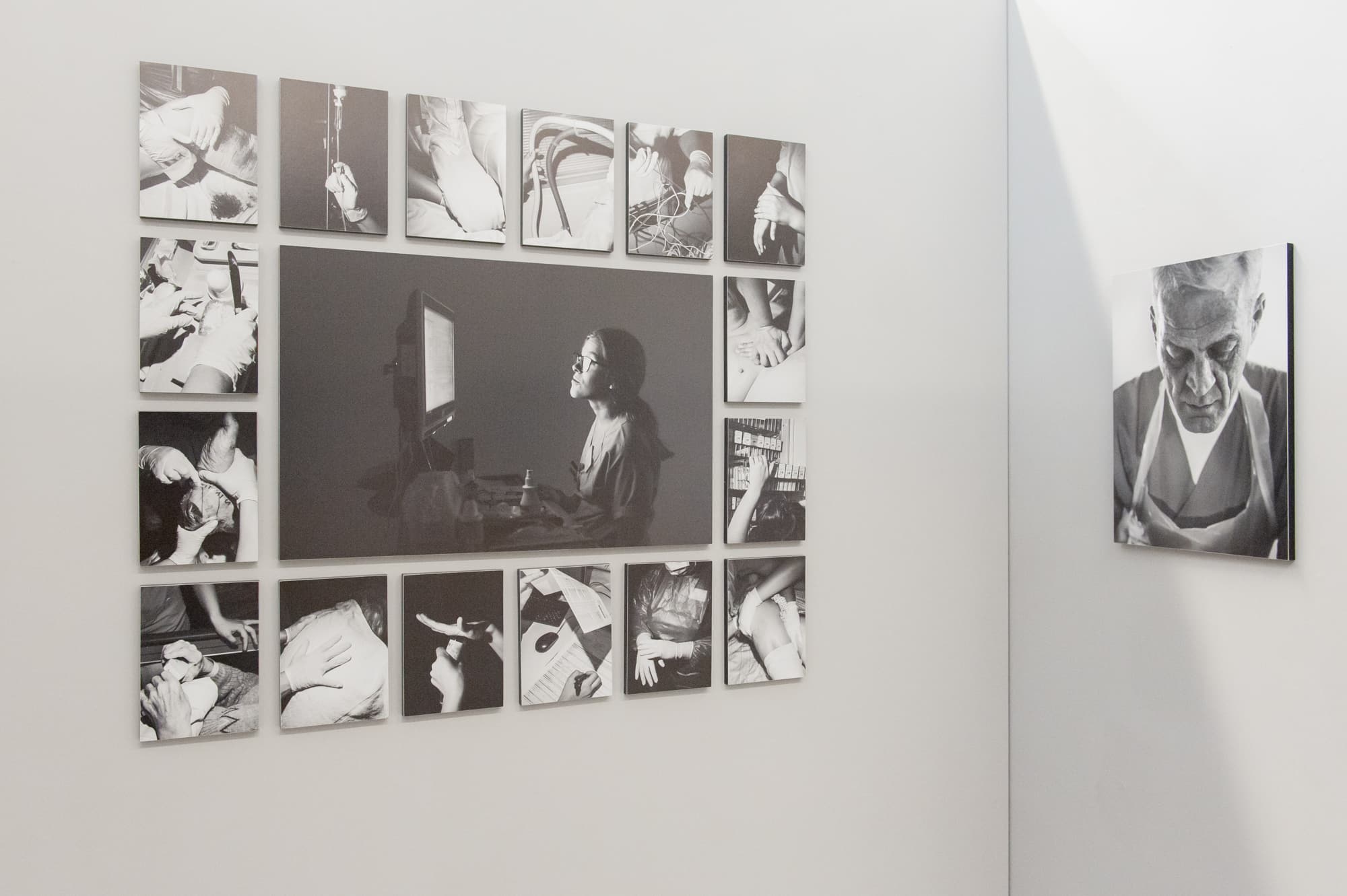
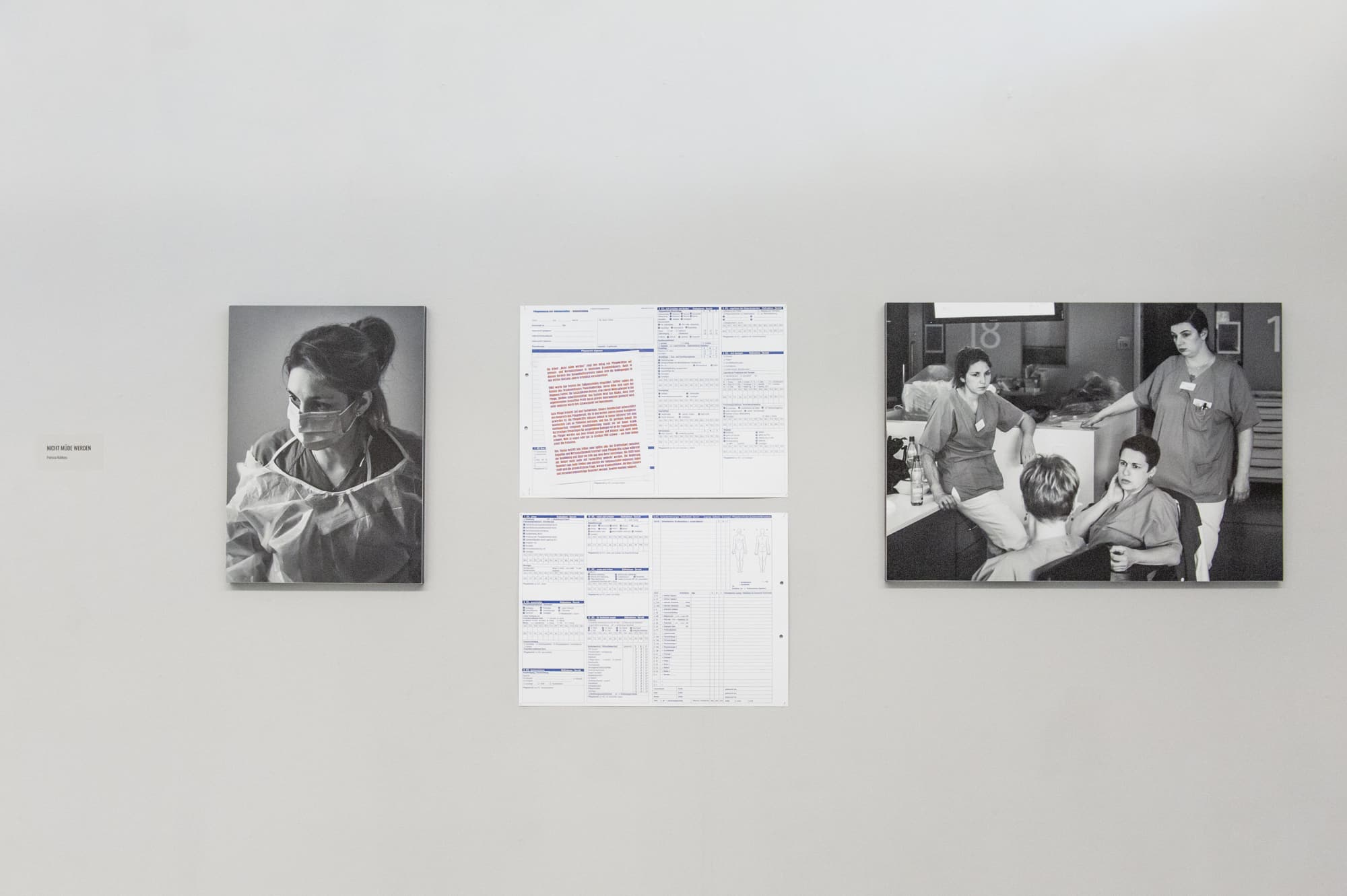
At some point in our lives, each and every one of us will benefit from the service nurses provide. They are crucial for any society to offer adequate medical care. However, in Germany, the working conditions of nurses have continually grown worse due to political and economic reasons over the last decades, despite the fact that it is one of the richest countries in the world.
Privatization of hospitals is ongoing. Because of a change in the accounting settlement system, financial pressure dictates every decision made. Making hospitals profitable has been made priority over service for the public.
As a consequence, shifts are understaffed and the pressure on the remaining nurses is enormous. They have to take care of more and more patient in less time, hardly able to meet their own standards. The capitalist system works contrary to the fact that good nursing takes time and expertise. Nursing is a complex profession — on a technical, medical, and social level.
It is a challenge to photograph nursing in a hospital, as the profession itself has to invade the private space of patients and it is hard to follow. Where to draw the line? What is appropriate to show in public, paying tribute to the nurses work, yet considering patients rights and their dignity?
As a result of this dilemma, in the media, nurses are often reduced to a person pushing a bed down white corridors. The real contribution of nurses to our society stays invisible, as traditionally mostly female care work often does, underpaid and unrecognized.
„Nicht müde werden“ („Not to grow tired“) shines a light on the achievements of one of the largest occupational groups in Germany, which has been working on maximum load for too long.